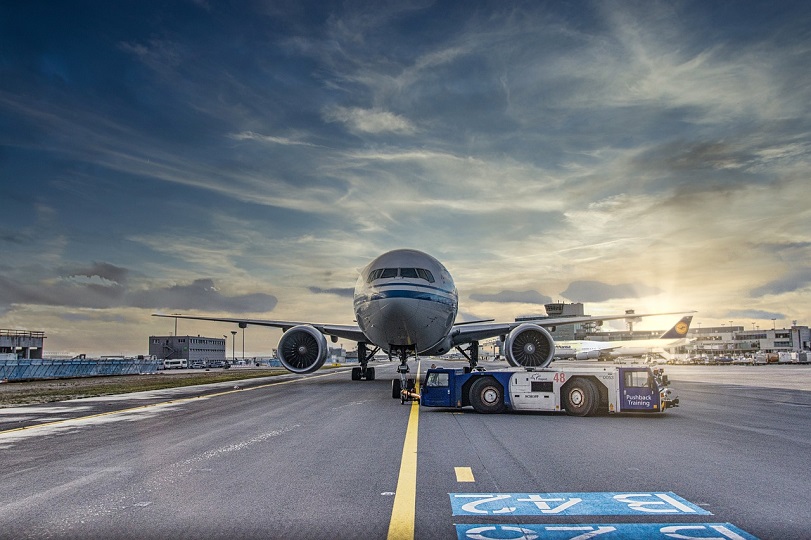Physical Address
304 North Cardinal St.
Dorchester Center, MA 02124
Physical Address
304 North Cardinal St.
Dorchester Center, MA 02124
Your guide to extraordinary adventures around the globe.
Your guide to extraordinary adventures around the globe.

Searching for affordable airfare can be frustrating. Ticket prices seem to fluctuate endlessly, making it hard to know when to book. As an avid travel hacker, I’ve mastered the art of finding airfare deals and the best times to book flights. Whether it’s planning a cross-country trip or European getaway, use these insider tips to save big on your next airline ticket.
Airline ticket prices fluctuate based on a variety of factors, including demand, competition, and the airline’s revenue management strategies. It’s important to understand these dynamics to make informed decisions when purchasing plane tickets.
Ticket prices are influenced by seasonal demand patterns. Popular travel periods like summer vacations, holidays, and major events tend to have higher fares due to increased demand. Conversely, offseason travel can often offer more affordable options.
Many major carriers like Delta and American run regular fare sales, often tied to certain days or holidays. For example, Delta often announces sales on Tuesdays. Sign up for airline emails and follow them on social media to be notified of promotions as soon as they are announced.
If your schedule allows, consider leaving a day earlier or later than originally planned, which can sometimes save you hundreds on airfare. Mid-week departures on Tuesdays, Wednesdays, and Saturdays are also often cheaper than high-demand Friday and Sunday flights.
For U.S. flights, aim to book 1-3 months before departure to balance advance booking discounts with keeping your schedule open. However, lock in Thanksgiving and December holiday flights earlier, if possible.
For overseas trips, schedule 5-8 months out for the best fares. If booking 11 months out, watch for sales, but be ready to rebook if prices drop.
Airlines tend to release sales mid-week when fares are lower overall. Use apps like Hopper to track prices and snag a deal on Tuesday or Wednesday.
Aim to book between 6-8 am or 8-11 pm in your time zone, when fewer travelers are browsing for tickets, meaning lower fares. Set price drop alerts so you’re notified if the fare decreases.
Have your payment details saved and know your preferred flight options before searching, but take time to compare across multiple sites like Expedia and Priceline before purchasing.
Flying at odd hours like early morning, red-eye, or mid-week can mean scoring cheaper airline tickets. Just be sure the tradeoff makes sense for your schedule.
Exploring nearby airports can be a smart strategy for finding cheaper plane tickets. Depending on your destination, flying into or out of secondary airports can sometimes lead to significant savings.
To stay informed about fluctuations in ticket prices, consider using price tracking tools and websites. These resources can notify you when fares drop or rise, allowing you to make an informed decision on when to buy.
When searching for flights online, airlines and travel websites can track your activity and potentially raise prices based on your browsing history. To avoid this, use your browser’s incognito mode or clear your cookies before searching for tickets.
Signing up for airline newsletters is a great way to receive updates on special offers, flash sales, and exclusive deals. Subscribing to these newsletters can give you a competitive edge and ensure you don’t miss out on discounted fares.
With some strategic timing and flexibility, you can master finding airline deals. Focus on advance booking for international trips, sales cycles for domestic flights, and shopping in the early morning or on Tuesdays/Wednesdays. Use these tips to travel more and spend less on your next adventure!